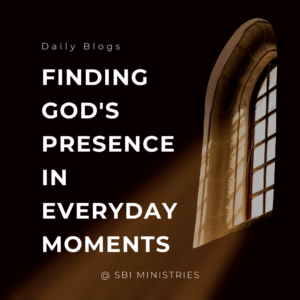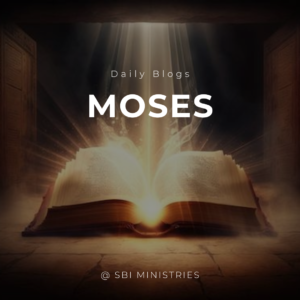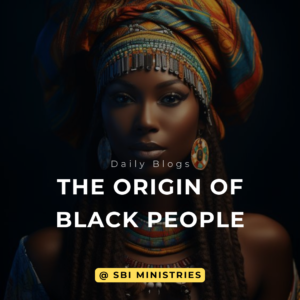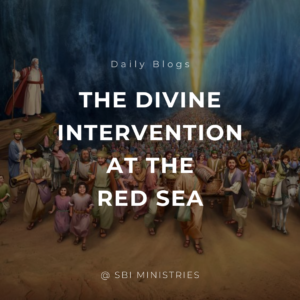Exploring the nature of God

The concept of God is one of the most profound and complex ideas that humans have grappled with throughout history. From the early civilizations of ancient Mesopotamia to modern-day religious traditions, the idea of a higher power or divine being has been a central aspect of human culture and belief systems.
Different religions and philosophical traditions offer various perspectives on the nature of God, reflecting the diverse ways in which humans have sought to understand and connect with the divine.
Many of the world’s major religions, such as Christianity, Islam, and Judaism, are monotheistic, believing in the existence of one supreme, all-powerful God. These religions teach that God is the creator of the universe, the source of all life, and the ultimate authority over all things.
In Christianity, God is often described as a loving and merciful being who is omniscient, omnipotent, and omnipresent. Christians believe in the Trinity – God as three persons in one entity: the Father, the Son (Jesus Christ), and the Holy Spirit.
In Islam, Allah is the one true God, characterized by attributes of mercy, compassion, and justice. Muslims believe in the oneness of God and the importance of submitting to his will as a way of achieving salvation.
Judaism also teaches monotheism, with God being the central figure in Jewish faith and tradition. Jews believe in a covenant with God, following his commandments and teachings as outlined in the Torah.
Polytheistic Beliefs: Gods and Goddesses of Many Forms
On the other end of the spectrum are polytheistic religions, which believe in the existence of multiple gods and goddesses, each representing different aspects of life, nature, and the cosmos. Polytheistic belief systems can be found in ancient traditions such as Hinduism, Greek mythology, and indigenous cultures around the world.
In Hinduism, for example, there are countless deities and divine beings, each playing a specific role in the cycle of life, death, and rebirth. Gods like Brahma, Vishnu, and Shiva are worshipped as different manifestations of the supreme, formless Brahman.
In Greek mythology, gods and goddesses such as Zeus, Hera, and Athena ruled over the heavens, earth, and sea, embodying various qualities and powers that shaped the world and human destiny.
Pantheistic and Panentheistic Views: God in All and Beyond All
Pantheism and panentheism offer alternative perspectives on the nature of God, emphasizing the interconnectedness of the divine with the natural world and the universe at large.
Pantheism teaches that God is identical with the universe, that all things are part of God, and God is present in all things. This holistic view of God sees divinity in nature, humanity, and the cosmos as a whole.
Panentheism, on the other hand, posits that God is both immanent within creation and transcendent beyond it. God is intimately present in all things, yet also exists beyond the physical world, encompassing all of reality within his being.
Exploring these different perspectives on the nature of God invites us to consider the vast, mysterious, and awe-inspiring qualities of the divine. Whether monotheistic, polytheistic, pantheistic, or panentheistic, the idea of God serves as a source of solace, inspiration, and wonder for countless individuals seeking meaning, purpose, and connection in their lives. By exploring the nature of God, we open ourselves to a deeper understanding of the complexities and mysteries of the divine, enriching our spiritual journey and expanding our capacity for awe and reverence.
Apostle Shelia
SBI Ministries
C.B. Helping Hands Ministries



